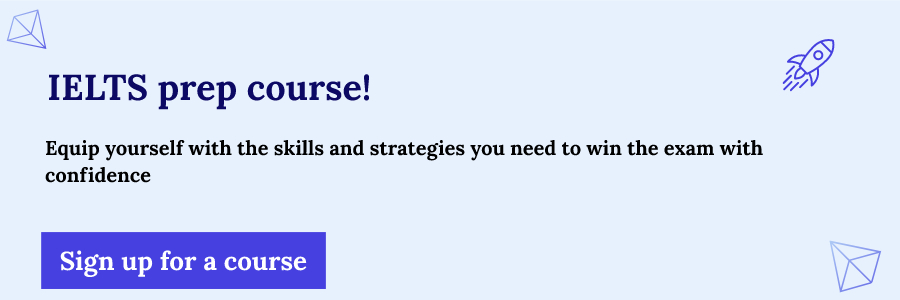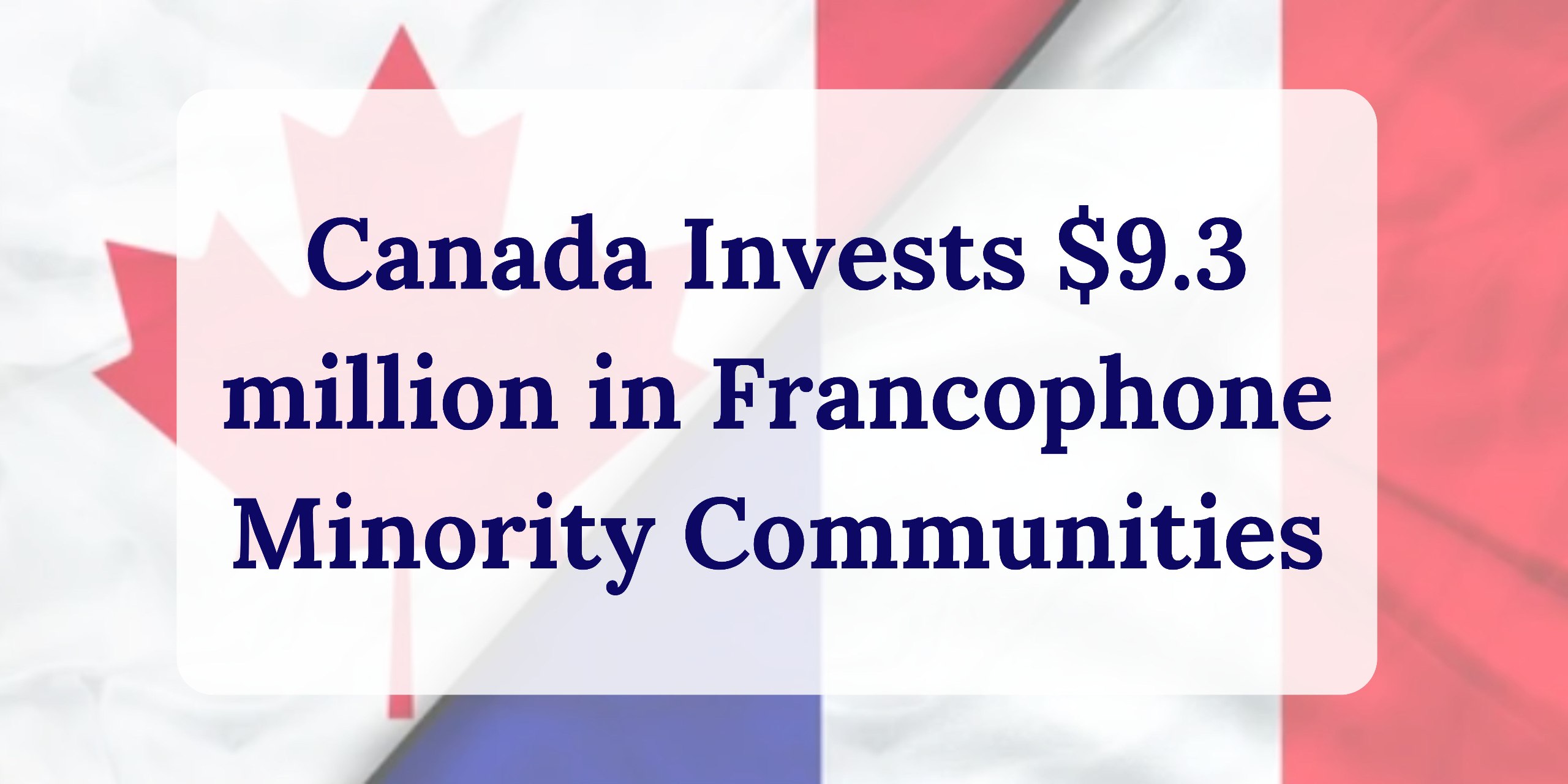
The International English Language Testing System (IELTS) is more than just an exam, it is a gateway to new opportunities, careers and cultural experiences. As a reliable assessment of English language proficiency, IELTS is recognized by more than 11,000 organizations worldwide, including universities, immigration offices and corporations. But what exactly can IELTS do for you? Let’s take a look at the benefits this famous test offers.
What Can You Do with an IELTS Certificate?
An IELTS certificate isn’t just a piece of paper; it’s proof that you can communicate effectively in English in academic, professional, or social settings. Here are a few specific areas where an IELTS certificate is beneficial:
1. Higher Education
Universities across English-speaking countries such as the United Kingdom, Canada, Australia, and the United States require proof of language proficiency as part of their admissions process. A high IELTS score not only demonstrates your language ability but also strengthens your application, giving you an edge in competitive programs.
The IELTS course at eTalk Online School is designed to help you meet the language requirements of leading institutions. With certified teachers, customized plans and quality test materials, you’ll be well prepared for success.
2. Improving Job Prospects
In an increasingly competitive job market, having a high IELTS score can set you apart. Many employers worldwide regard IELTS as proof of language skills, especially for roles in multinational corporations or fields that require clear and effective communication. A solid score on your IELTS test can make a strong impression on recruiters, giving you a competitive edge in roles that prioritize English proficiency.
Our eTalk English courses focus not only on exam preparation but also on enhancing the communication skills crucial for professional success. Through business English modules (Networking, Presentation, Writing) and practical exercises, we prepare you to excel in real-world work environments.
3. Migration and Residency
IELTS is often a mandatory part of the immigration process for countries like Canada, Australia, New Zealand, and the United Kingdom. Governments rely on IELTS scores to assess whether applicants have the necessary language skills to live and work in an English-speaking environment.
4. Access More Global Experiences
Knowing English at IELTS level will empower you to adapt quickly to new environments, whether it’s navigating daily life, understanding local culture or socializing with people from different backgrounds.
With eTalk, you can engage with native-speaking teachers, solve real-life scenarios and receive feedback to continually improve your abilities in all kinds of areas.
What should I study for the IELTS exam?
Preparing for the IELTS exam involves focusing on four main sections: Listening, Reading, Writing, and Speaking. Here’s a breakdown of what to study in each:
1. Listening
• Practice listening to English in various accents (British, American, Australian, etc.) to get used to different pronunciations.
• Improve your note-taking skills by practicing with lectures, podcasts, and news.
• Learn to identify main ideas and specific information, as well as the speaker’s opinion or attitude.
Resources: BBC Podcasts, TED Talks, IELTS Listening Practice Tests.
Practical exercise: Listen to a 5-10 minute segment from a TED Talk or BBC podcast, take notes, and summarize the main points. Then, replay it to check for any missed details or nuances.
2. Reading
• Read a wide variety of texts, such as articles, reports, and essays, to get familiar with academic and general reading passages.
• Practice skimming and scanning for main ideas and details. IELTS reading tests focus on finding specific information quickly.
• Build your vocabulary, especially academic words, as they often appear in reading sections.
Resources: Newspapers and magazines (The Economist, The Guardian and National Geographic), Cambridge IELTS practice tests, vocabulary lists (apps like Quizlet).
Practical exercise: Set a timer for 15 minutes, read an article you like, identifying the main ideas, and answer the following questions: What is the article about? What are the main arguments? Identify unfamiliar vocabulary and make flash cards for each word.
3. Writing
• Practice writing essays on various topics, especially argumentative and opinion essays, which are common in Task 2.
• Learn to describe data (charts, graphs, or tables) effectively for Task 1 in the Academic IELTS.
• Focus on structure and clarity: Your essays should have a clear introduction, body paragraphs, and conclusion.
Resources: IELTS Liz (blog with sample essays, tips and guides for Assignment 1 and Assignment 2), IELTS Buddy Writing Samples, Online essay revision services (e.g. ejoy-english.com).
Practical exercise: Take a common question from Assignment 2, such as “Some people believe that public libraries are necessary, while others believe they are a waste of resources”. Write a 250-word essay in 40 minutes, paying particular attention to structure (introduction, main body, and conclusion).
4. Speaking
• Work on fluency and pronunciation by practicing with a partner or recording yourself.
• Prepare for common topics, like hobbies, education, travel, etc., as they often come up in the Speaking test.
• Practice thinking on your feet, as you’ll need to give quick, spontaneous answers in Part 1, a longer speech in Part 2, and discuss ideas in depth in Part 3.
Resources: IELTS Speaking Partner Apps, IELTS Speaking Topics List, Pronunciation Practice Apps (e.g. ELSA Speak App).
Practical exercise: Practice the question from “Part 2”: “Describe a person you admire”. Write down your answer and try to keep it to 2 minutes. Focus on fluency, coherence and pronunciation and then listen to your answer to identify areas for improvement.
For more information on question types and test format, see our Complete IELTS Guide.
What is a Good Score for IELTS?
IELTS scores range from 1 to 9, with each score corresponding to a level of English proficiency. Generally:
Score of 6-6.5: Generally considered a competent level, suitable for university admissions in English-speaking countries and visa applications. For example, many universities in Canada and Australia accept a 6.5 for undergraduate programs.
Score of 7-7.5: Reflects a good level of English and is often required for graduate programs and professional roles. For instance, nursing registrations in the UK may require a 7.
Score of 8-9: These are very good to expert levels, often necessary for advanced studies, high-skilled jobs, or visas in countries with strict language requirements, such as for healthcare professions in the US.
Each band score indicates different language abilities, so it’s essential to know what specific score is needed to reach your goal.
IELTS is more than just a test — it’s an opportunity to unlock new paths in education, career, and life. With eTalk Online School, your IELTS preparation journey is in capable hands. Our commitment to quality, combined with a student-centered approach, ensures that you reach your highest potential.












